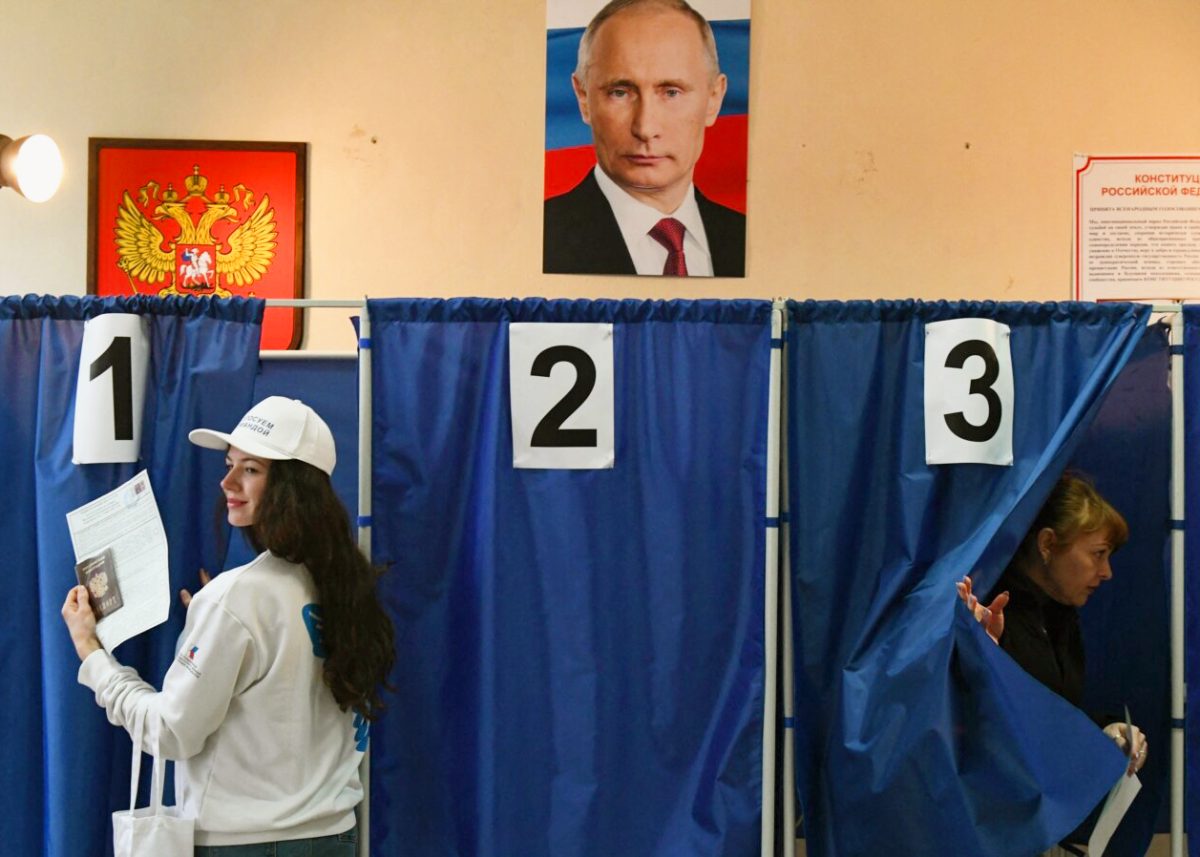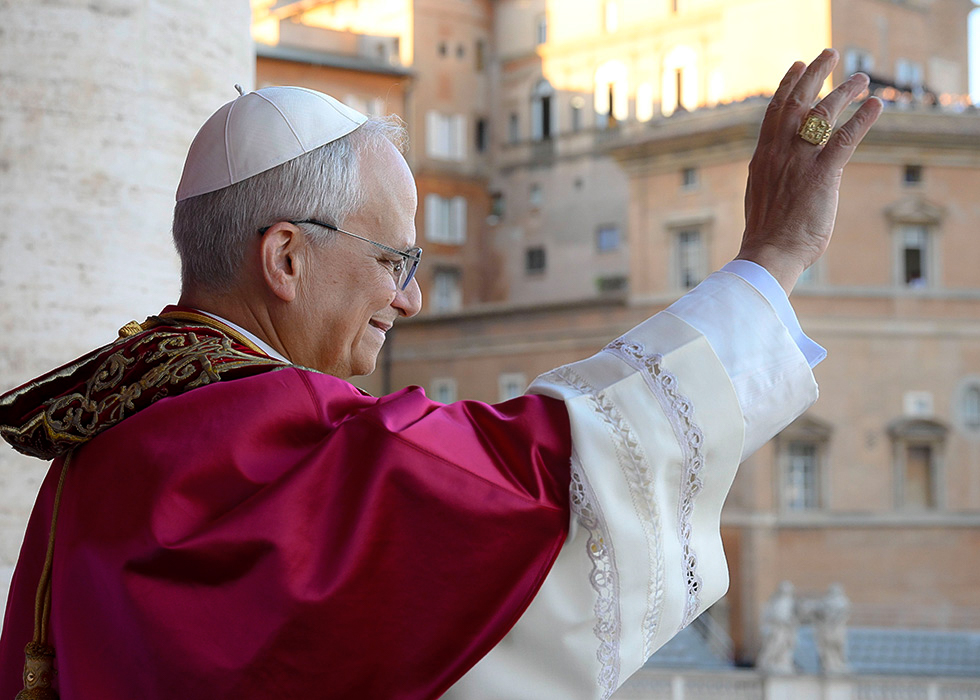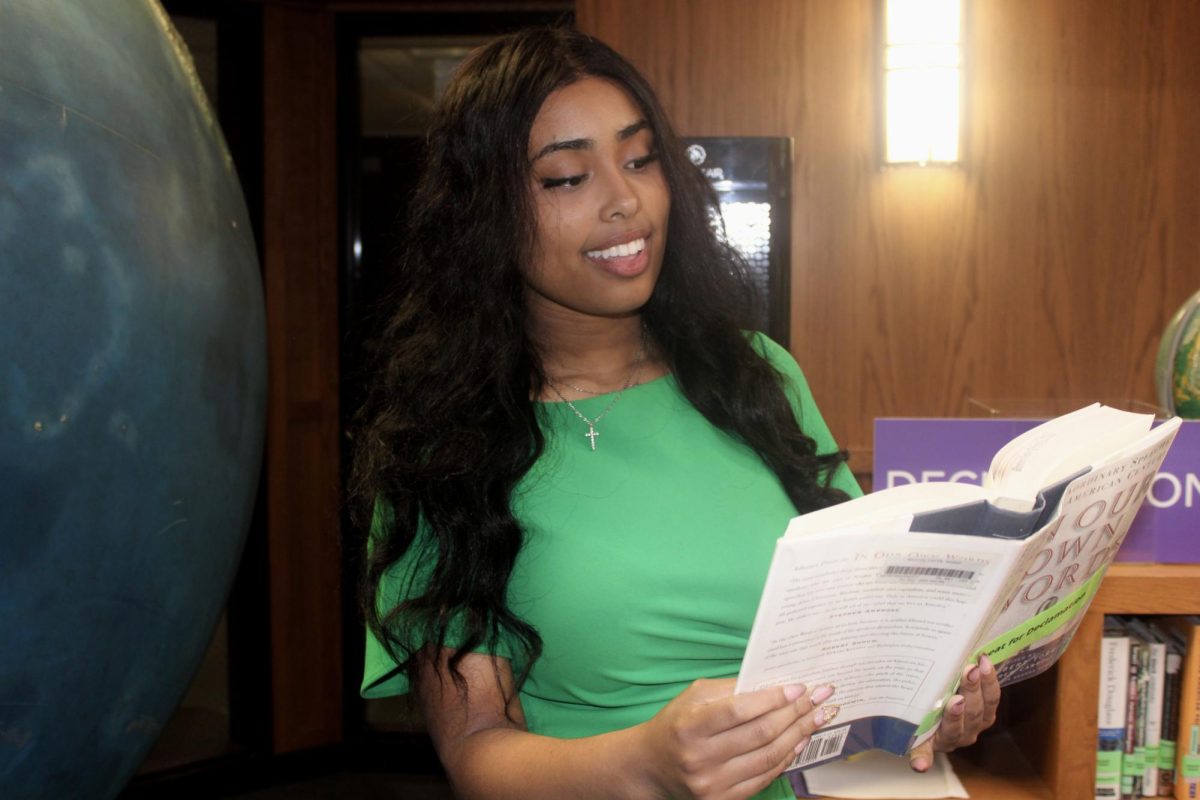On March 17, Russian president Vladimir Putin secured his fifth presidential term, extending his rule in Russia for another six years.
Despite the Russian Constitution imposing a two-term limit for presidents, Putin has been re-elected multiple times since he was first elected in 1999. If he completes his fifth term, he will become Russia’s longest-serving ruler since Catherine the Great in the 18th century.
Putin won 88 percent of the approximately 112 million votes, with none of the three other candidates receiving more than five percent of the vote. In particular, many who supported Putin’s deceased political rival, Alexei Navalny, who had been imprisoned for openly criticizing the president’s policies, have spoken out against the election.
As the only candidate on the ballot, Putin was widely expected to win. Albert Chen (I), president of Boston Latin School Voices of the Empowered, explains, “[He] changed laws [of] the constitution. Navalny [being] Putin’s only rival, is an understatement. Ever since the invasion of Ukraine, Navalny has been imprisoned in Russia for no reason, […] he knew that he would die in Russia, and without any rivals for Putin, […] you could only vote for him.”
Russian authorities’ extensive control over the electoral process left many with little choice but to vote for Putin. BLS AP U.S. and Comparative Government teacher Ms. Meredith Elliott explains, “The two people who could have presented the biggest challenge to Putin in the election died ‘accidentally.’ Navalny [died] in an Arctic prison [while] Prigozhin [died] in a plane accident.”
With his major competitors wiped out from the election, Putin only faced opponents who had an unlikely chance of success. A mixture of fear and fraud leaves many Russians and victims of Russian occupation unable to vote democratically and influence the trajectory of their country’s future.
As people are concerned for Russia’s future and its people, BLS AP World History teacher Ms. Clara Webb comments, “[We] don’t know the outcome of the war, and the government is increasingly very authoritarian […] people don’t have the right to protest […] consider what will happen to Ukraine, [if Russia wins], they can just absorb Ukraine into Russia. I do think that it’s going to be a big impact. He relies on big force and heavy restriction to maintain power which isn’t good.”
Since the start of the Russo-Ukrainian War, state censorship has monitored what Russian citizens see on the internet, which may have altered people’s perceptions of the elections. Putin’s additional six-year term also prolongs the country’s military presence in Ukraine. Voting stations supervised by armed Russian soldiers in the Donetsk region of Ukraine made Russia’s control over its neighbor even more apparent.
Putin’s continued rule also has implications for other countries’ elections and politics. U.S. intelligence agencies found extensive evidence of Russian interference efforts in the 2016 presidential election, detailed in a high-profile report by former Special Counsel Robert Mueller. Many worry that similar efforts could be underway for the 2024 election; NBC News has reported concern among former U.S. officials about Russian-linked online disinformation campaigns seeking to damage Democrats and their support for Ukraine.







